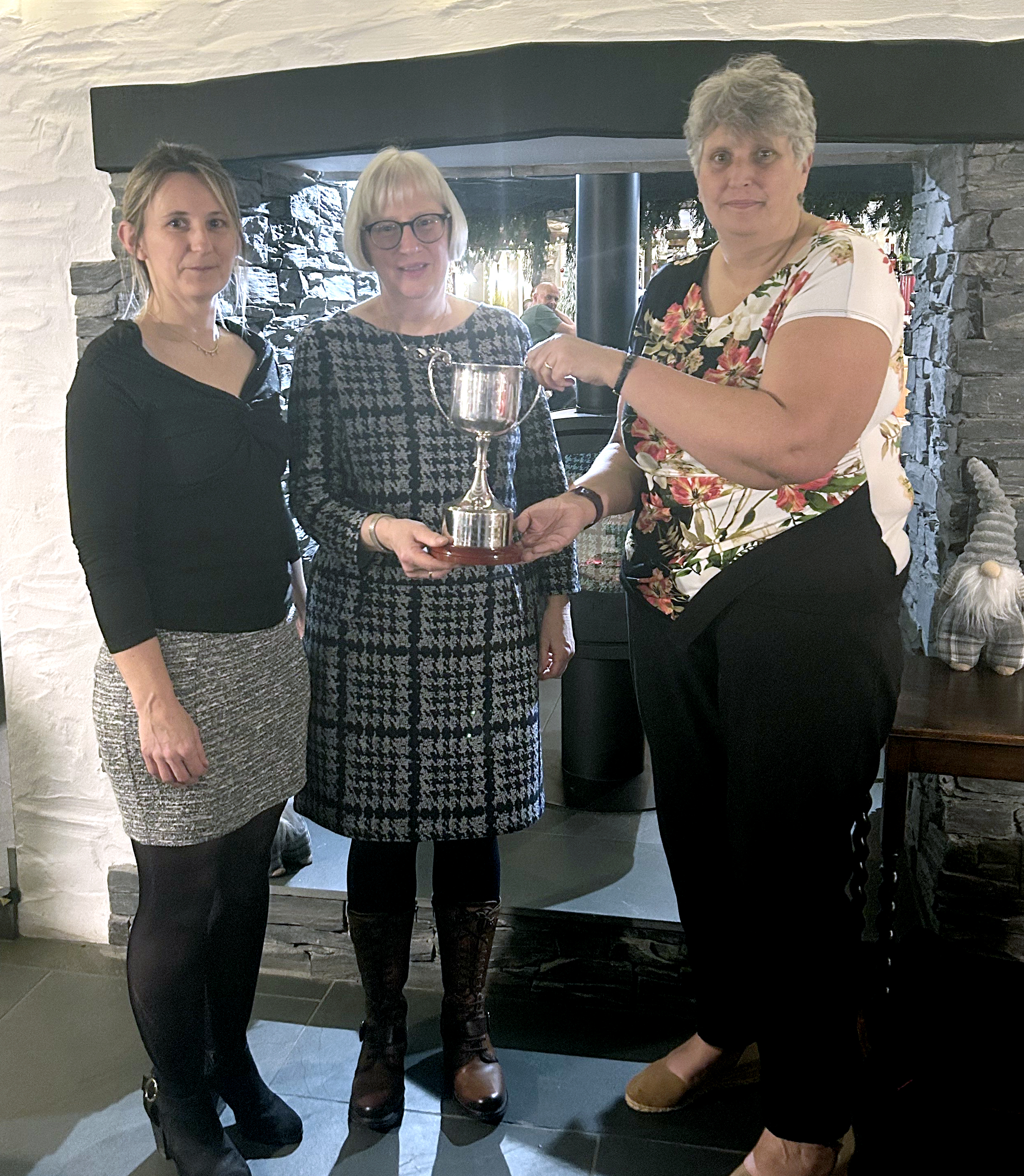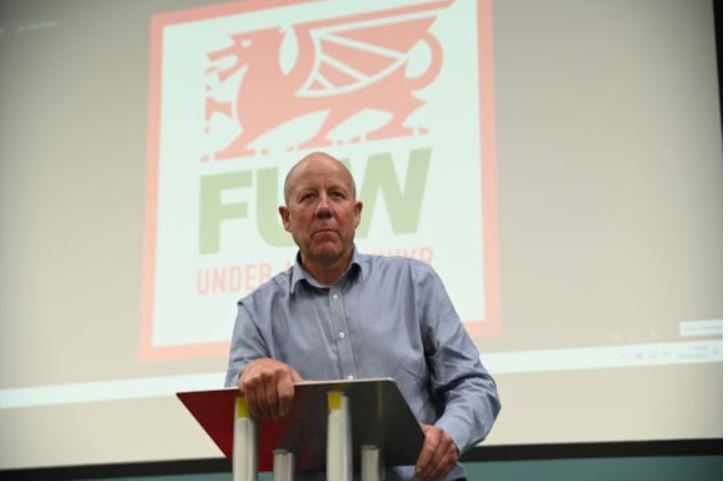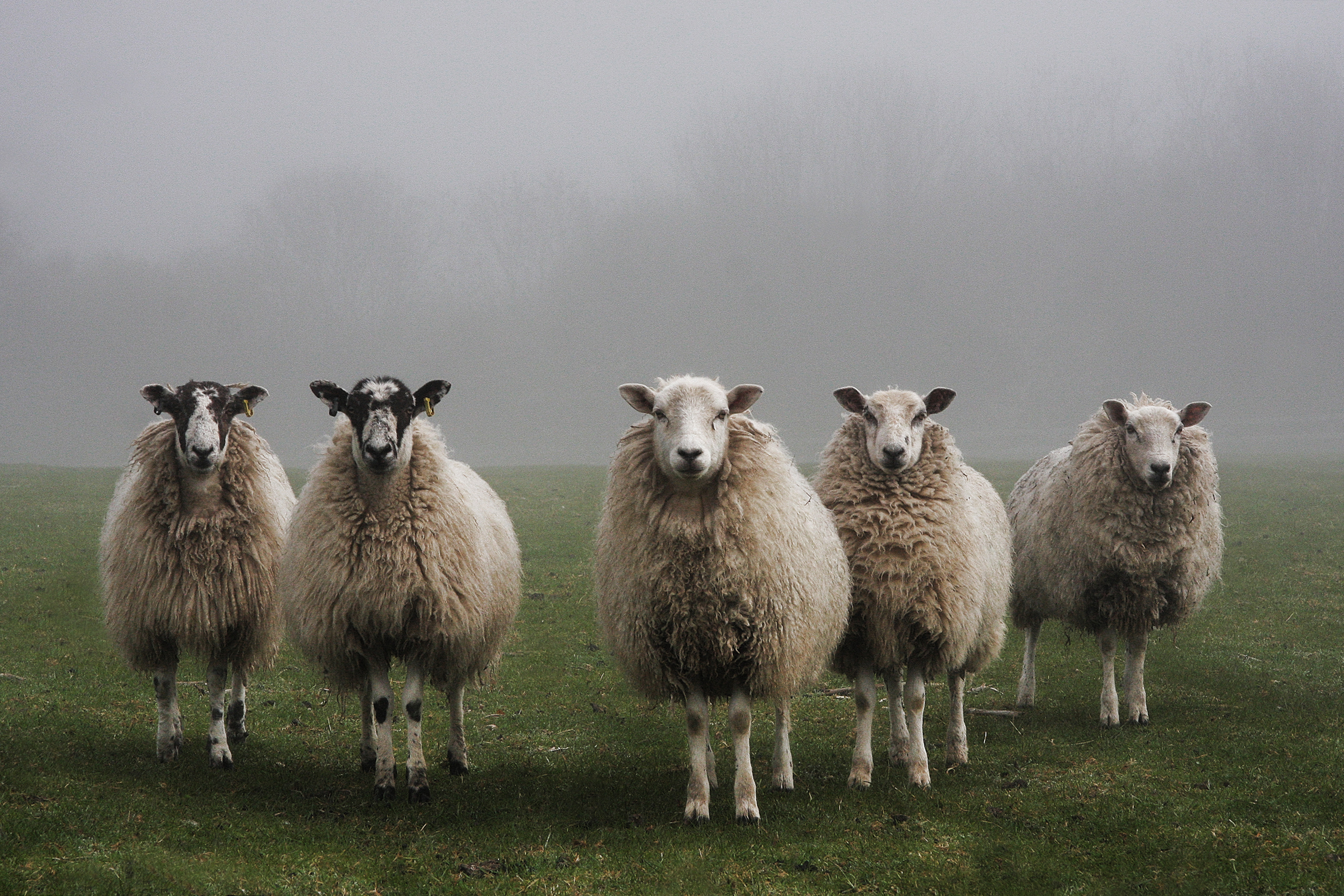Joyce Owens, a prominent Llannon farmer, has been unveiled as the winner of the 2024 Farmers’ Union of Wales (FUW) United Counties Agriculture and Hunters Society Award, recognising a person who has made an Outstanding Contribution to Agriculture in Carmarthenshire during the past few years.
Joyce left school at age 16, wanting to work within the agricultural sector. She began as a receptionist for Dalgetty, going on to work at the Milk Marketing Board for two decades. She has since worked for the Farmers’ Union of Wales (FUW) as an Administrative Assistant in their office in Carmarthen for the past 23 years.
She began farming in a partnership with her husband Gerallt at Lletty Farm, Llannon, near Llanelli in 1990 - focusing on sheep and pigs. Starting with two sows from their father-in-law, going on to develop their own herd of Welsh and Landrace pigs. Their pork business started by supplying Pwllbach slaughterhouse in Llanelli, before going on to supply Rob Rattray butcher in Aberystwyth, and later the award winning Cwmcerrig Farm Shop near Gorslas, Carmarthenshire.
Over the past three decades Joyce and Gerallt have excelled in showing their pigs at local and national agricultural shows - previously attending as many as 20 shows a year. In 1995, they won the prestigious Supreme Champion Pig at the Royal Welsh Agricultural Show - repeating their success in 2016. They have also competed at the Winter Fair since the show’s inception in 1990 - winning a vast range of accolades including Champion Pair, Champion Single and Champion Carcass of the Show.
Joyce has had the honour of serving as a judge for the Welsh pig section at the Great Yorkshire Show in 2014 and at The Bath and West Show in 2017, as well as judging a range of pig competitions at YFC Rallies across Wales.
In 2019, Joyce’s contribution to the pig sector was recognised with an Awards of Royal Agricultural Societies (ARAgS) award, as well as being appointed as an Assistance Honorary Director for the Pig and Goat section for the Royal Welsh Agricultural Show. She has since also taken on the role at the Winter Fair and become Chief Steward at the Spring Festival, with Joyce continuing to be a strong advocate for the pig sector and its future in Wales.
The award ceremony was held at the Farmers’ Union of Wales’ Carmarthenshire Christmas dinner at the Forest Arms, Brechfa, with FUW regional vice president, Anwen Hughes, and Sian Thomas, Chairman United Counties Agriculture and Hunters Society, presenting Joyce with the award.
Congratulating Joyce on her award, FUW Carmarthenshire chair, Ann Davies MP said: “Joyce is a worthy winner of this award, and it rightly recognises her tireless work and dedication over the decades towards Carmarthenshire’s agricultural sector. In particular, her unwavering commitment and infectious enthusiasm towards the pig sector should be commended - and I know this has already been recognised on a Welsh and UK level through her many awards, achievements and judging roles.
"As well as on the farmyard and in the show ring, she has dedicated her day-to-day career to support the agriculture sector. Be it with Dalgetty, the Milk Marketing Board, and now FUW, her hard work and support for farmers across Carmarthenshire cannot be understated, and I am delighted to see her efforts and dedication recognised through this award.”






